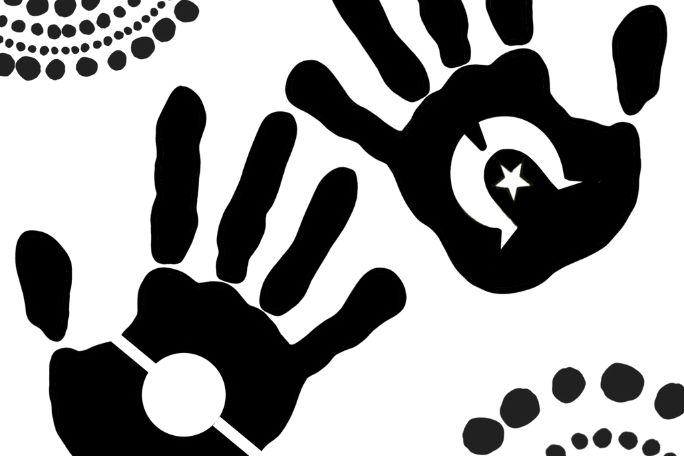Lesson summary
Children will explore how fire has been used and known by Aboriginal and Torres Strait Islander peoples. They will engage in discussions around how fire is used and known, and watch videos on the connection between fire and Aboriginal and Torres Strait Islander peoples and cultures. Children will play games and participate in activities related to fire.
This activity forms part of the Caring For Country: Introductory Lessons and Themed Activities. It is recommended that you complete the Introductory Tuning in Lessons in this unit before sharing the Themed Activities with children.
Lesson guides and printables
Lesson details
Curriculum mapping
EYLF Learning Outcomes:
Learning Outcome 1: Children have a strong sense of identity
1.4 Children learn to interact in relation to others with care, empathy and respect
Learning Outcome 2: Children are connected with and contribute to their world
2.2 Children respond to diversity with respect
Learning Outcome 4: Children are confident and involved learners
4.1 Children develop a growth mindset and learning dispositions such as curiosity, cooperation, confidence, creativity, commitment, enthusiasm, persistence, imagination and reflexivity.
4.4 Children resource their own learning through connecting with people, place, technologies and natural and processed materials
Resources required
- Fire Flashcards
- a range of fire-related materials such as:
- burnt wood, charcoal and ash
- coloured fabric in fire colours that could be waved around to represent licking flames
- fire fighting costumes
- materials for starting a fire (you could always include a box of matches with used matches inside)
- paper with some scorch marks
- pictures of fire
- some fabric that smells like smoke
- sound recording of fire (e.g. see here)
Additional info
This is an original Cool+ activity.
This activity is designed to give you an understanding of how to embed Aboriginal and Torres Strait Islander perspectives into activities at your centre and to help you build your confidence in exploring this topic with children and families.


Welcome back!
Don't have an account yet?
Log in with:
By signing up to Cool.org you consent and agree to Cool's privacy policy to
store, manage and process your personal information. To read more, please see
our privacy policy here(Opens in new tab).
Create your free Cool.org account.
Many of our resources are free, with an option to upgrade to Cool+ for premium content.
Already have an account?
Sign up with:
By signing up to Cool.org you consent and agree to Cool's privacy policy to
store, manage and process your personal information. To read more, please see
our privacy policy here(Opens in new tab).